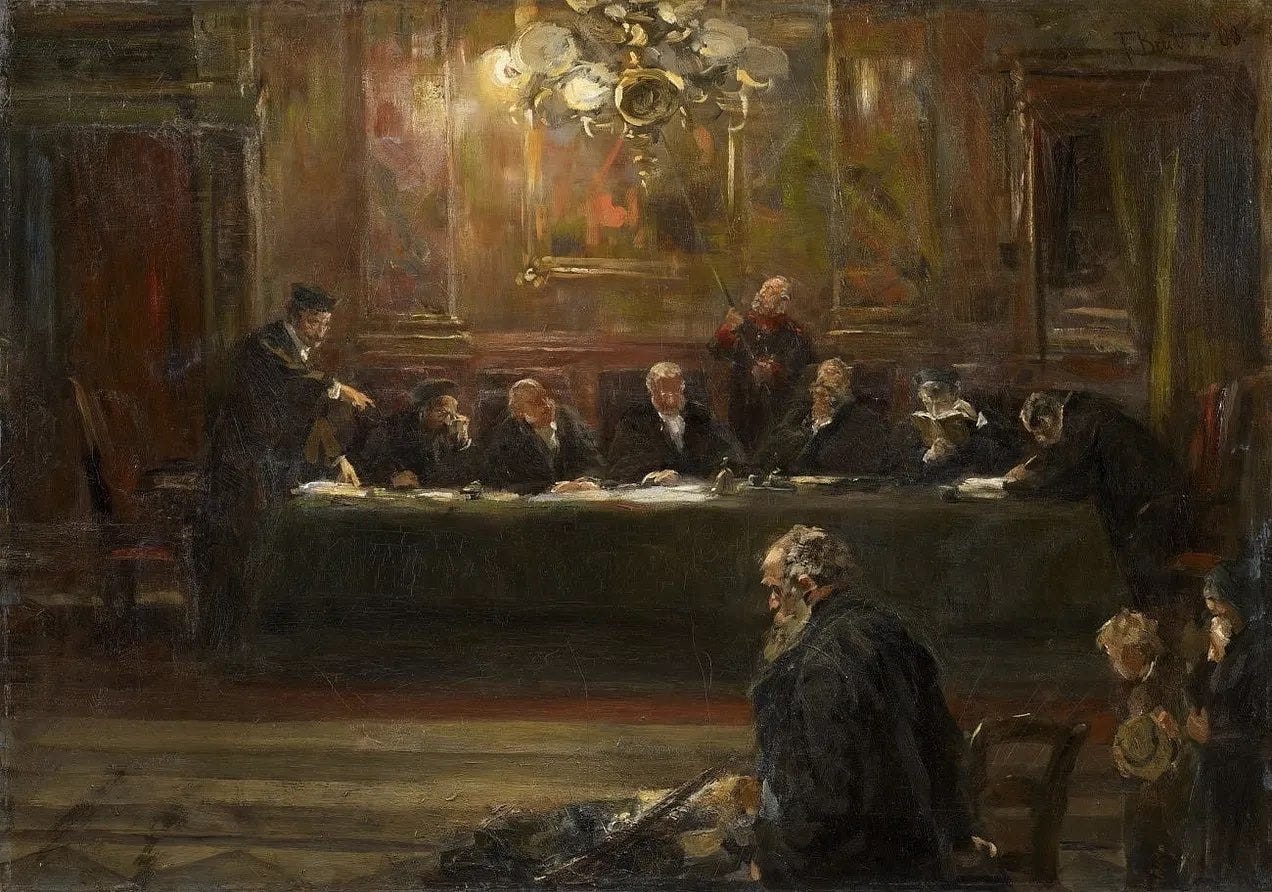In a study of the great medieval Italian jurist Bartolus of Sassoferrato, C.N.S. Woolf noted a basic difference between the methodological orientation of the jurists of the ius commune, on the one hand, and modern scholars on the other — especially those jurists known as the commentators or post-glossators of the 14th century, like Bartolus. Writing well after the rediscovery of the Digest of Justinian in the late 11th century, and after the basic work of interpreting the Corpus Juris and harmonizing its apparent internal tensions had largely been done, “the aim of the Postglossator was essentially, rather to evolve a law practically effective for the world in which he lived, than to expound a law scientifically correct according to the texts.” Although a profound student of the technicalities of the Digest of Justinian and the Corpus Juris generally, Bartolus’ main aim was to appropriate, adapt and translate the tradition for the circumstances he and other post-glossators faced. The principles of the tradition and the connection to the sources would be resolutely maintained — Woolf emphasizes that Bartolus was emphatically a jurist and was by no means doing blank-slate constitutional theory, let alone political theory more abstractly — but he treated the traditional sources as embodying ratio scripta, written reason to be explicated, applied and brought into a useful relationship with current problems, rather than as dead objects of strictly historical inquiry. The perspective of the commentators and the jurists generally was internal rather than external; they approached the law as participants rather than as analysts.
The New Digest is offered in exactly this spirit. Our central conviction is that the classical law is still a robust and vital tradition, that it lives within current law even if its influence is implicit and often unrecognized even by those who unwittingly apply its principles. And our major aim is to explain, translate and adapt the principles of the classical law for a new world, one in which impoverished versions of legal positivism have long dominated the scene and the rich legal variety of the sources of law characteristic of the ius commune have been forgotten as a matter of official theory, if not of juridical practice. (Casey’s introductory post illustrates these points with respect to the interpretive presumptions of the ius commune). Along the way, we will have some fun, or at least fun with a point (see Vermeule’s introductory post), but the underlying enterprise is born of an utterly serious conviction that the only way forward for our law is to recover the heritage of the classical legal tradition. We hope you will join us, comment often and constructively, and that you enjoy!





